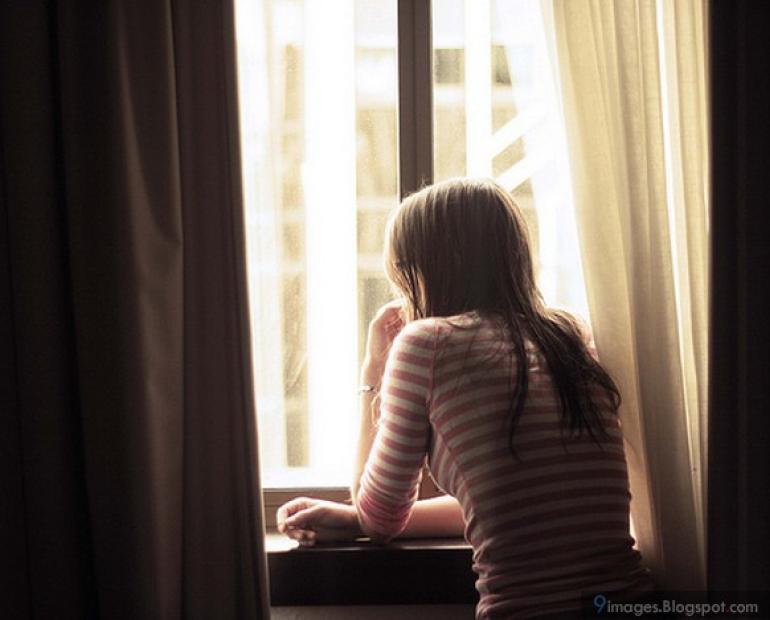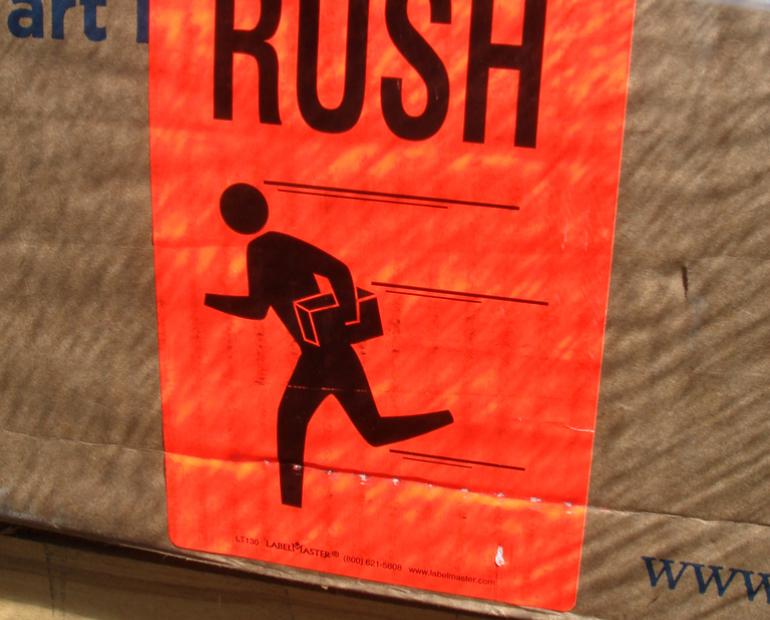
I am a teenager from South Africa, experiencing an event that has never been experienced by my parents or grandparents. It is unique to three generations of my family and will change the world as we know it, for all of us. We may not all get infected by the virus but there is one thing that the virus brings with it that may well affect us all. What is it, and what am I doing about it?
The virus has claimed more than 99 000 lives and has currently infected more than 1.6 million people around the world.
In South Africa, the government has invoked the Disaster Management Act, which means that it can increase the intensity of efforts in the fight against the pandemic. We have seen South Africa go into lockdown and accelerate testing and treatment. What we haven’t seen though, is emergency mental health interventions to reduce the negative psychosocial impact of the pandemic in our country.
Pandemics such as COVID-19 don't just impact those who are sick. They also impact those experiencing stress, fear of death, or fear of losing loved ones, anger, and anxiety. Pandemics come with emotional distress.
Generalised fear and over-reactive behavior is a common trait among people during virus outbreaks, and we’re seeing it again now, maybe worse than ever.
COVID-19 is an invisible enemy where humans are the carriers and the casualties. A simple sneeze or cough could invoke a lot of anxiety for someone and those around them. The hectic disruption of our routines, separation from families, loss of income and social isolation is definitely making it worse.
Healthcare workers have heightened risks since they are more exposed to the virus. They loose patients, are overworked, and at risk of becoming burnt out.
Many people already have challenges such as panic disorders, obsessive-compulsive disorders, depression or even post-traumatic disorders. A rise in domestic violence has also been reported – all worsened by the pandemic.
The South African government is very focused on preventing further infections – Essential Services only, physical distancing, sanitizer everywhere, masks to help prevent transmission, online schooling and, of course, the lockdown. But there is barely any acknowledgement of the psychological consequences of these issues.
South Africa currently has one psychiatrist per 357 000 patients. Only 1% of beds in psychiatric facilities are reserved for children and adolescents. The Department of Health spends only about 4% of its budget on mental health. What does this tell us about the state of mental health affairs in South Africa?
COVID-19 has overwhelmed our government, as it has in many other countries. We know we need to flatten the curve but we also need to find ways of communicating mental health interventions to build resilience. Ignoring the psychological implications of COVID-19 could worsen the current mental health crisis in our country. At some point it will become the norm to reach for sanitizer every few minutes and to bump elbows instead of hugs and handshakes, but we will be scarred, and even more people will be needing psychological help at varying degrees.
Our government needs to be aware of mental health needs now more than ever, and take proactive measures. We, as powerful youth, need to make our voices heard to get this message across.
This virus has brought with it the risk of a mental health pandemic.
I am writing about it so that our government can become aware of what the people need, and address it urgently with practical solutions.






